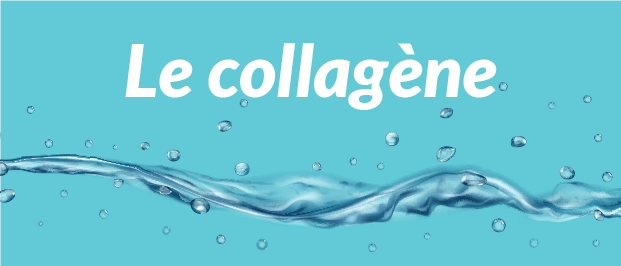Collagen is a protein of the extracellular matrix (human and animal).
What is collagen used for?
Its functions in the extracellular matrix are:
- Stretching, elasticity
- The healing
It can be defined as "a natural glue"; in fact, it derives its name from the Greek word kolla, meaning "glue."
Athletes take them as part of their intense sports practice to prevent tendinitis.
It renews itself throughout life, but as one ages, it loses quantity and quality; this causes a decrease in the elasticity, tone, and firmness of the skin.
It is estimated that starting at the age of 30, the loss is about 1% per year.
Where to find collagen?
Collagen is found in cosmetics in various forms, such as masks, serums, creams, or dietary supplements, for the face, body, or hair.
Since collagen molecules are large, there is little chance that they will reach the deep dermis; the most effective way regarding serums is to apply them through mesotherapy.
Find an article dedicated to mesotherapy/microneedling techniques here.
Regarding serums, we recommend the Collagen Pyruvate from MCCM, which has excellent regenerating and healing properties, improving the elasticity and hydration of the skin.
For dietary supplements, we can offer you the Collagen drink from MCCM or the Marine Collagen from Hyamira.
How to optimize your results?
Taking collagen as a dietary supplement is a good start, but there are several ways to optimize it, particularly through diet. Indeed, certain foods are essential for collagen production such as:
- The proteins
- Amino acids, particularly lysine (for example: fish, dairy products, legumes, meat…) and proline (for example: fresh cheese, beef, cabbage, pork, spinach, asparagus…)
- Vitamin C (fruits such as oranges, kiwis, bananas…)
- Sulfur (garlic, broccoli, cabbage, onion…)
- Zinc (oysters, meat...)
Next, to protect the skin, an essential element is to shield it from the sun with sunscreen of the SPF 50 type displaying the UVA logo.































































































